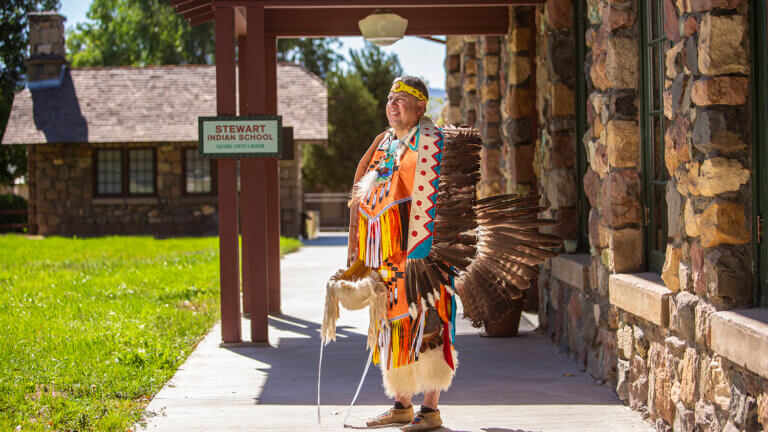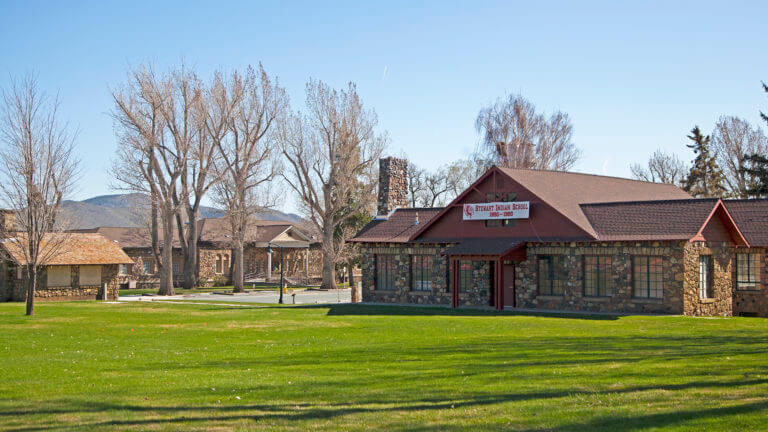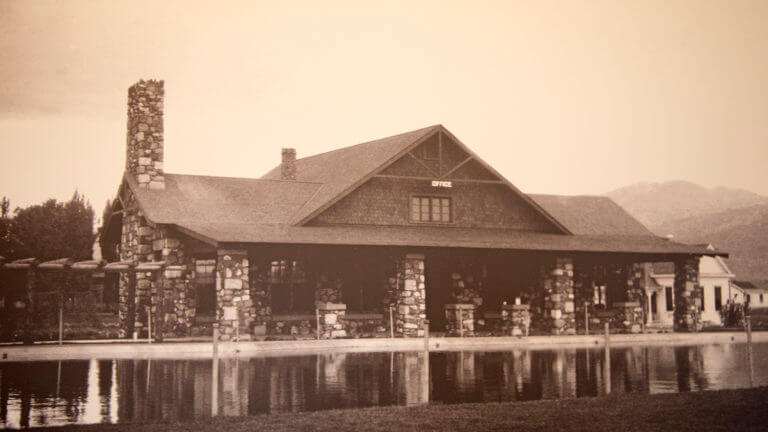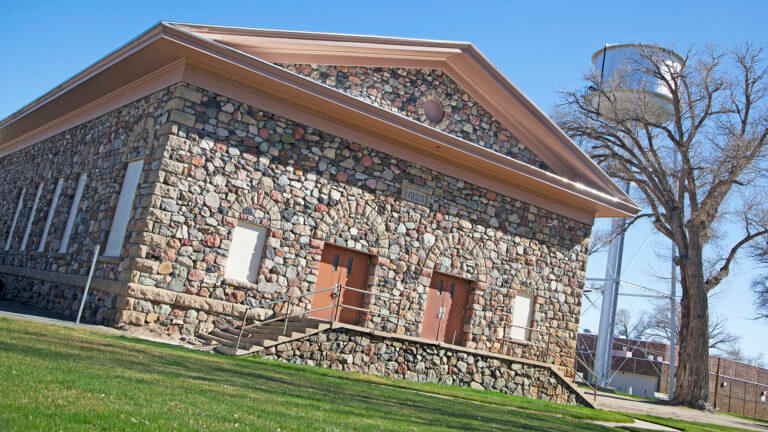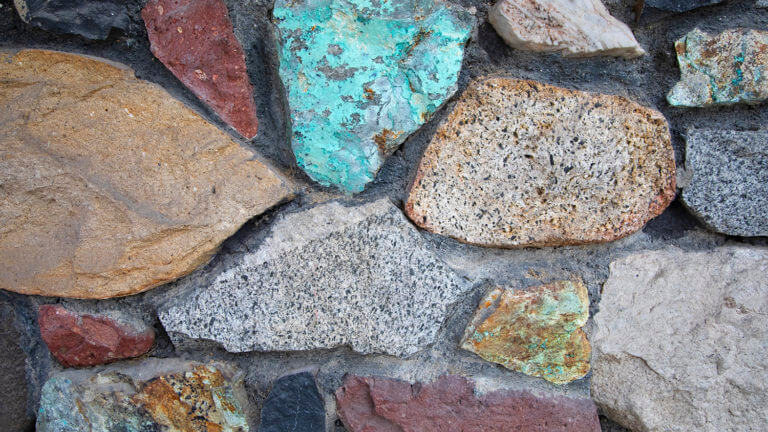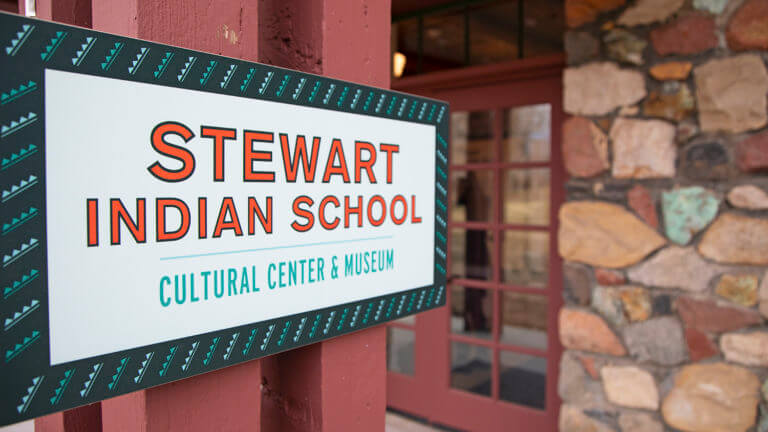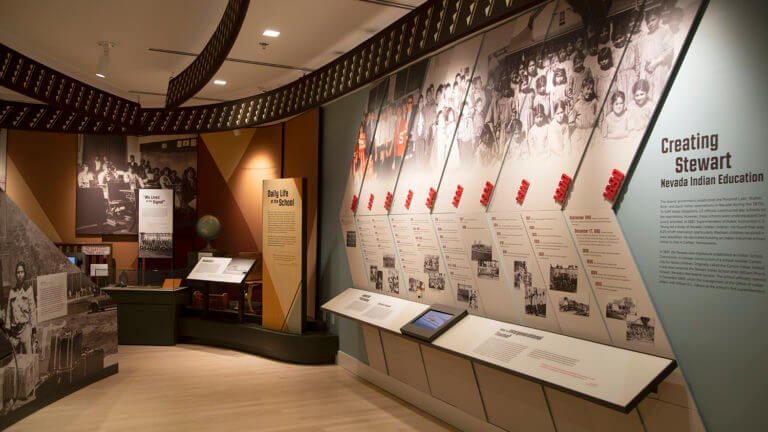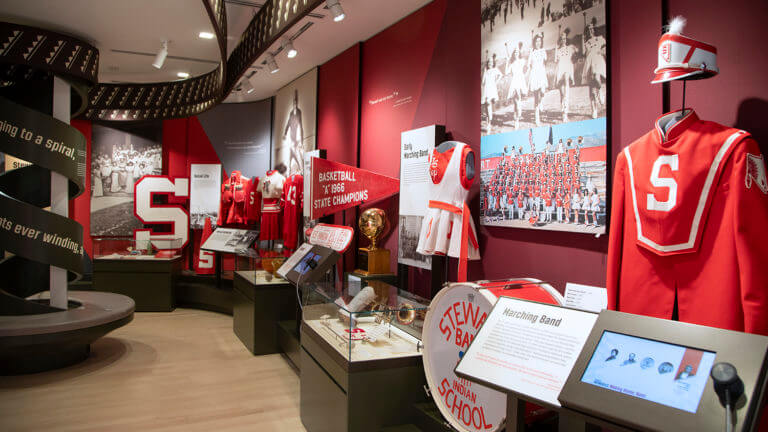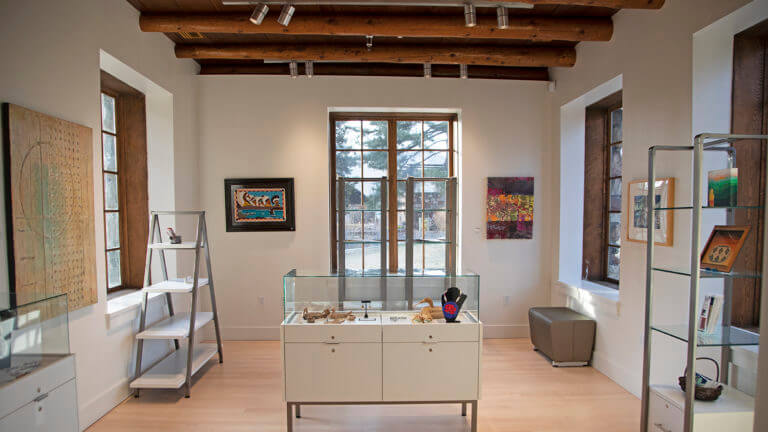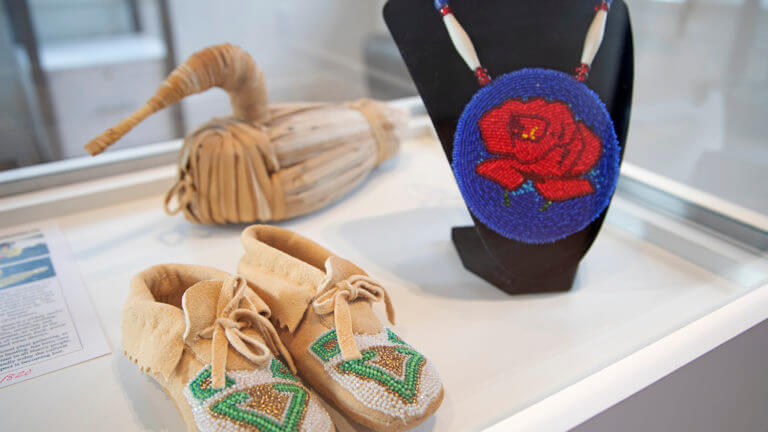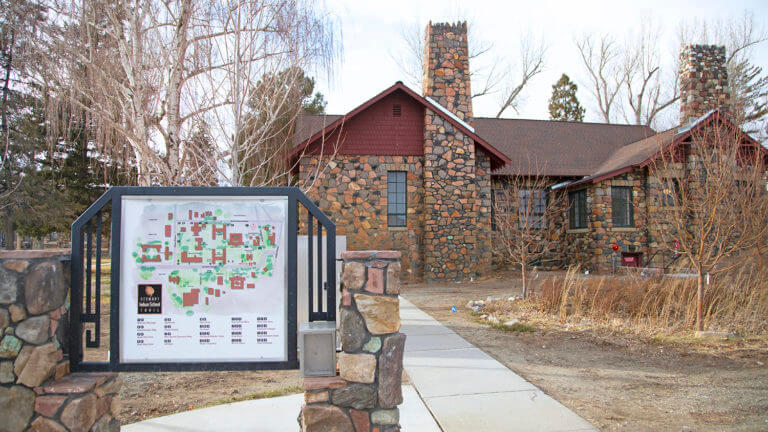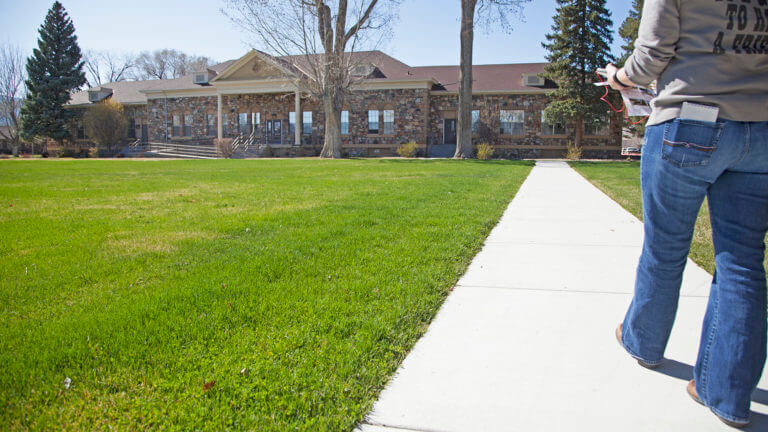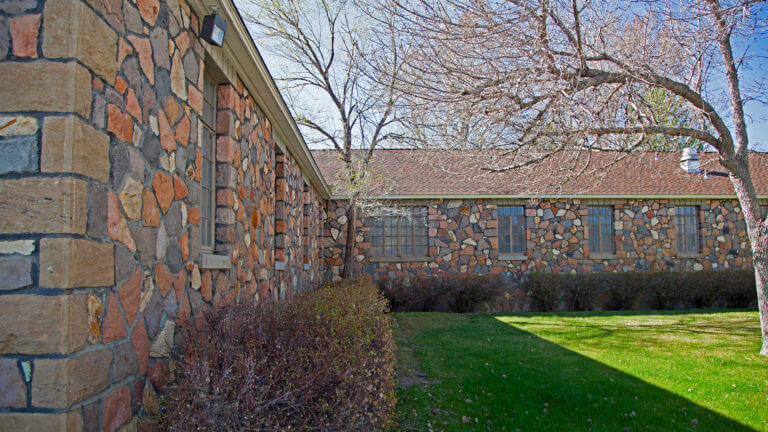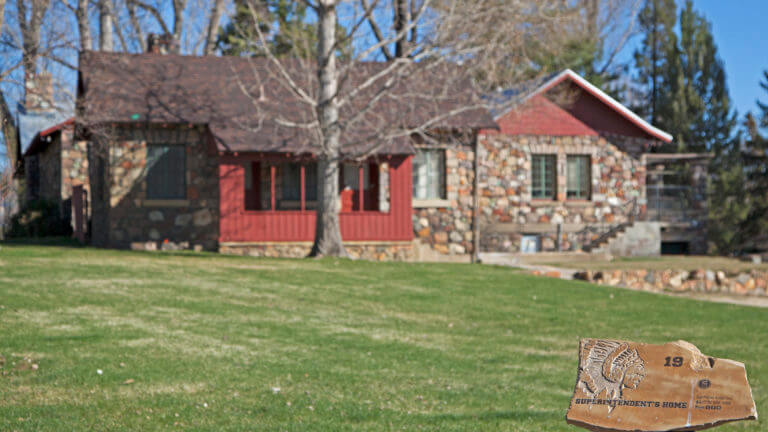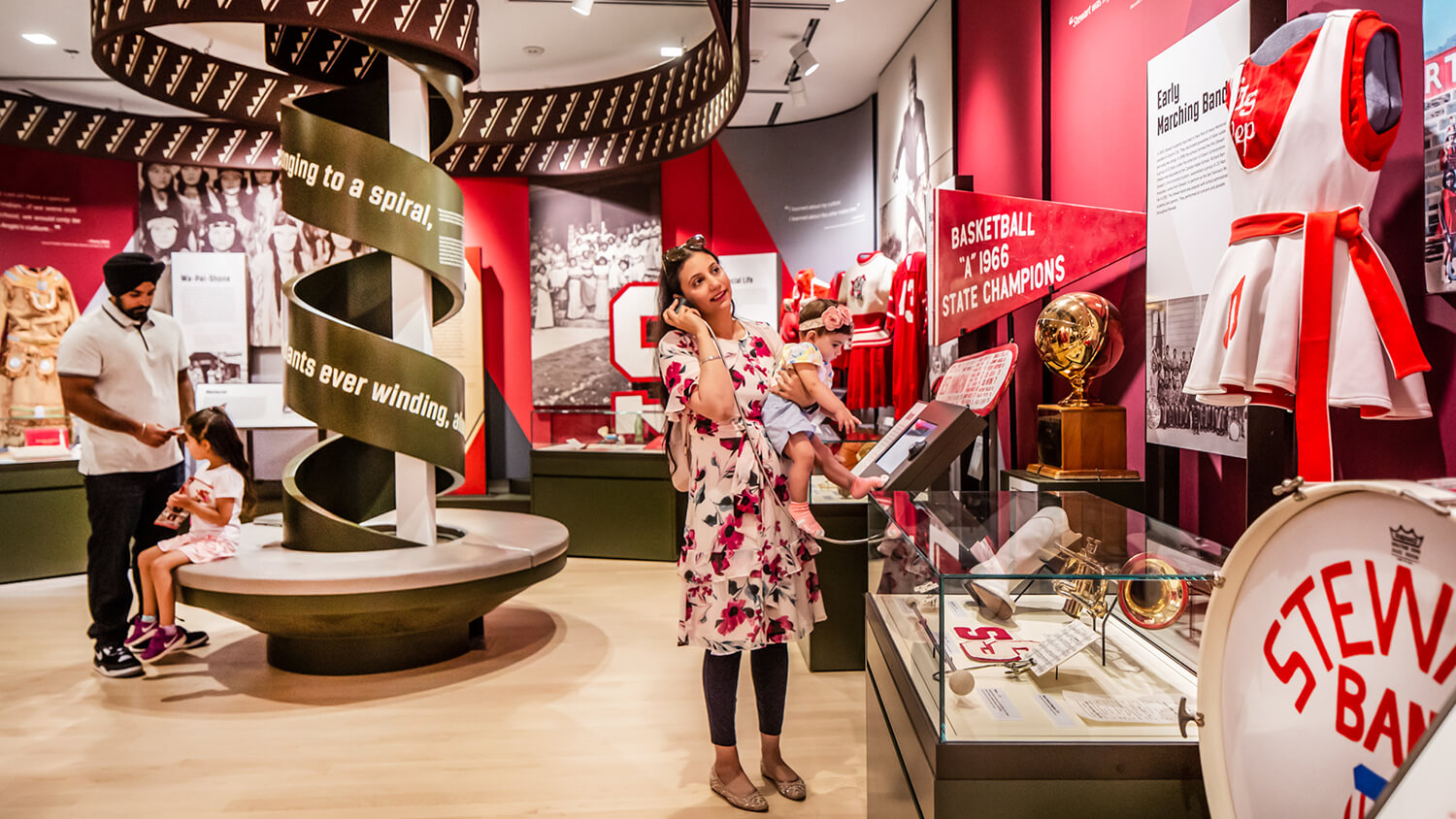
Stewart Indian School Cultural Center & Museum
Just four miles south of the Nevada State Capitol in Carson City lies the historic Stewart Indian School campus—a boarding school for American Indian children that operated from 1890 to 1980. As part of the Native American Boarding Schools Project, Stewart Indian School—one of more than 350 Native American Boarding Schools that once operated throughout the United States—was part of the initiative that removed children from their families in an attempt to eradicate the American Indian culture in the United States. Today, the institution illuminates this troubling chapter in American history, while also celebrating a resilient people and a culture reclaimed.
Of the hundreds of government-funded (and often church-run) Indian Boarding schools around the U.S., Stewart is one of only a few that remain. Today, it stands out for its remarkable completeness, with more than 60 original stone buildings across 110 acres, all preserved to educate visitors about this dark chapter in American history.
American Indian children and youth from 200 tribes in Nevada, California, Arizona, and New Mexico were taken from their homes and relocated to Stewart Indian School. Here they were forbidden to speak their native languages or dress in traditional clothing, and were made to learn English and vocational skills ranging from housekeeping and ranching to carpentry in an attempt to assimilate American Indians into American culture and society.
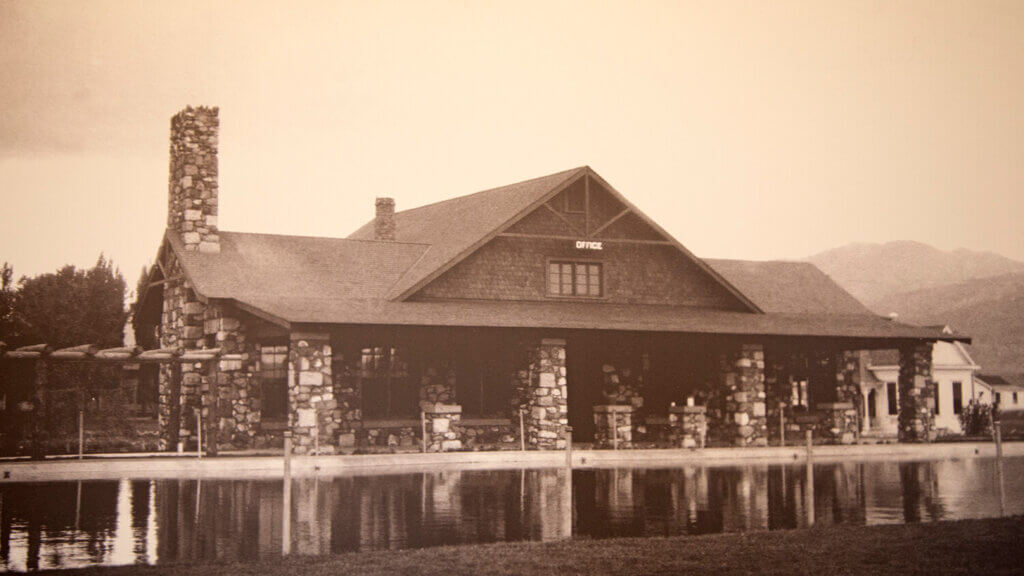
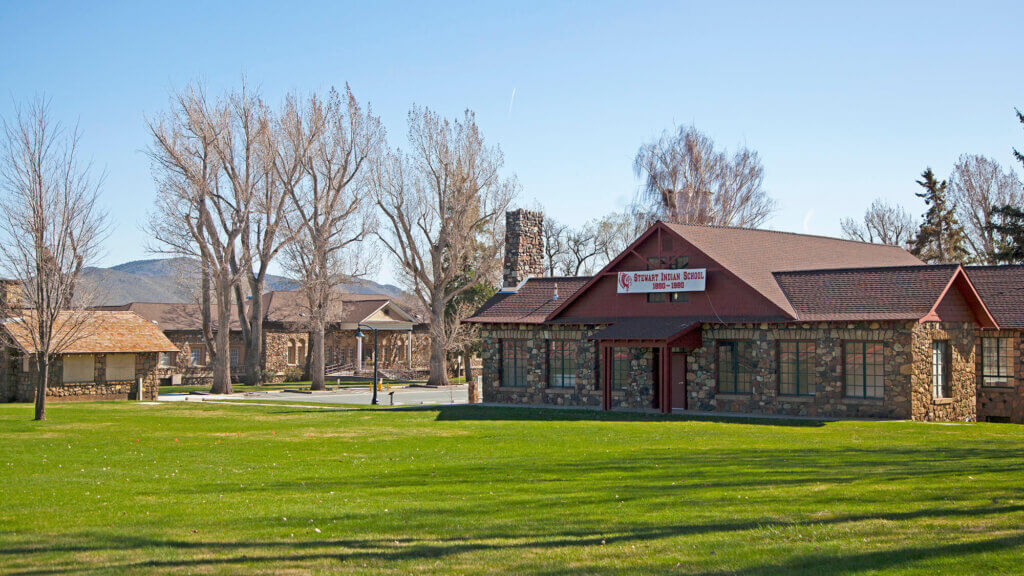
Historic Stewart Indian School, Nevada
Named after William M. Stewart—Nevada’s first senator—Stewart Indian School opened its doors on December 17, 1890. The first class was composed of 37 Washoe, Paiute, and Western Shoshone students and was staffed by three instructors. Although a mere three buildings were all that stood when Stewart first opened, American Indian masons constructed an additional 60 buildings by the 1920s. At one time, the school even had a 10,000-gallon swimming pool and a platform for the Virginia & Truckee Railroad. Stewart Indian School was in operation until 1980, when it closed due to budget cuts by the federal government and a litany of poor safety standards. In 1985, the property was added to the National Register of Historic Places, which encompasses all 63 structures that stand today.
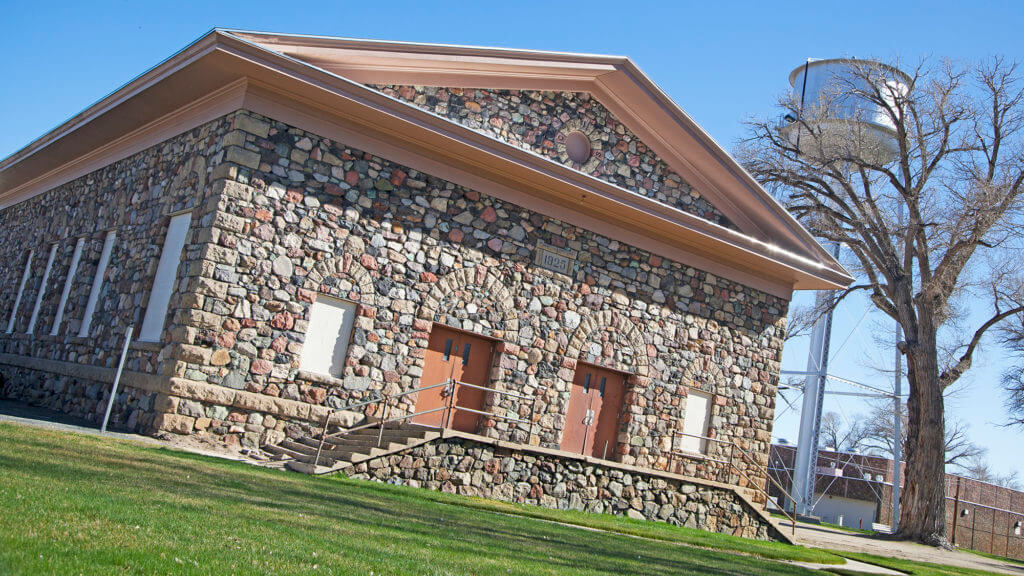
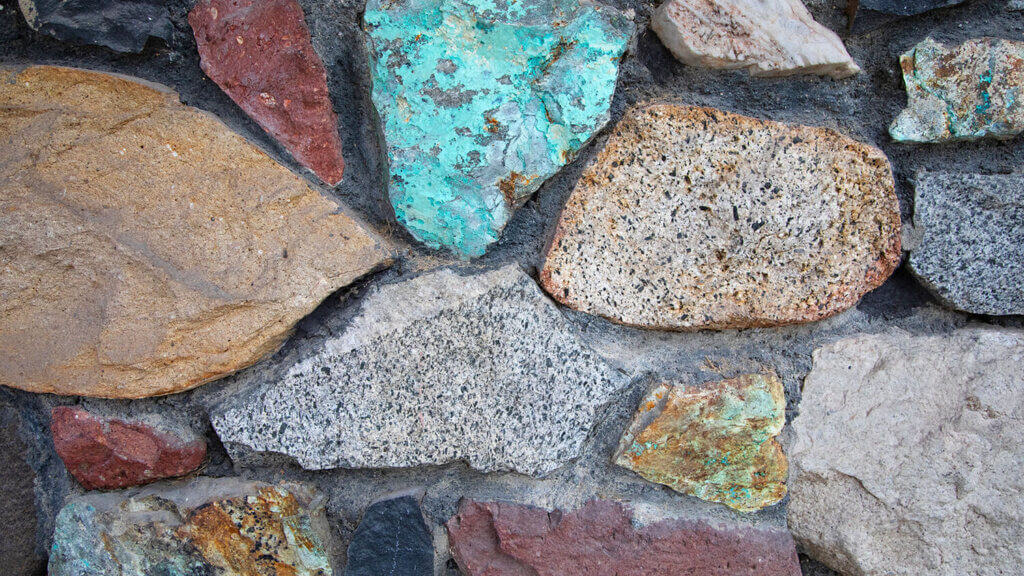
Travel Nevada Pro Tip
Upon Superintendent Frederick Snyder’s arrival in 1919, significant changes to school practices were put in place. Phasing out old, overcrowded wooden structures, Snyder harnessed student craftsmanship under the supervision of master stonemason Jim Christopher and Hopi stonemasons Earnest and Burton Wungnema. Most were built between 1923 and 1956 using stones collected by students. Some Stewart students became stonemasons and built stone buildings throughout Nevada.
Visiting Stewart Indian School Today
Part of Nevada’s history for 130 years, the former Administrative Offices now house a cultural center and museum. Opened in early 2020, the Stewart Indian School Cultural Center & Museum is dedicated to the memories of the first Stewart students from Great Basin tribes and all students and families impacted by the Indian boarding school experience.
Many personal accounts from Stewart alumni can be found throughout the museum and tell the story of a complex past that changed generations of children. The countless stories of hardship, resilience, strength, and triumph are at the core of the current efforts to preserve the Stewart campus and are illustrated in exhibits throughout the museum.
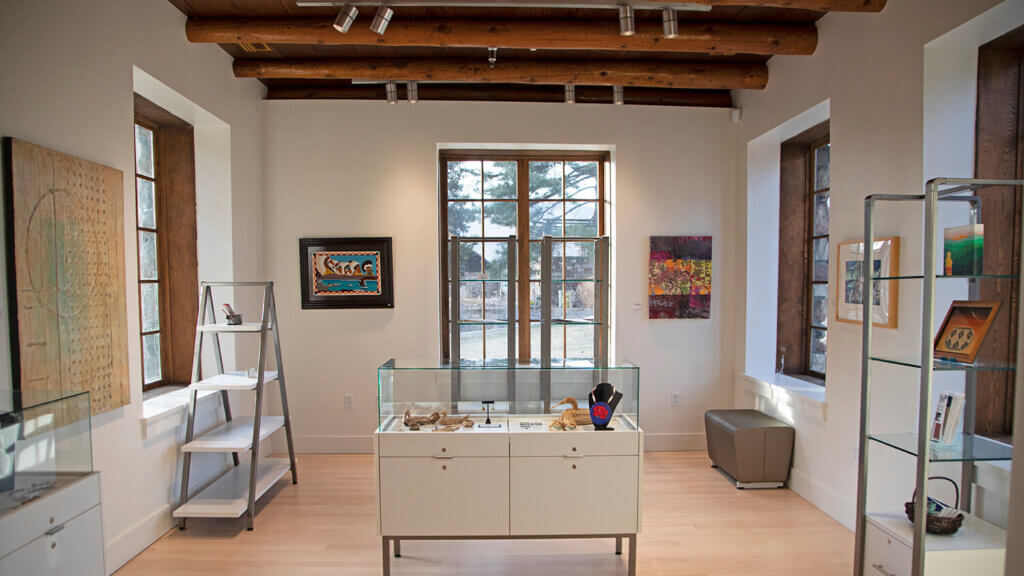
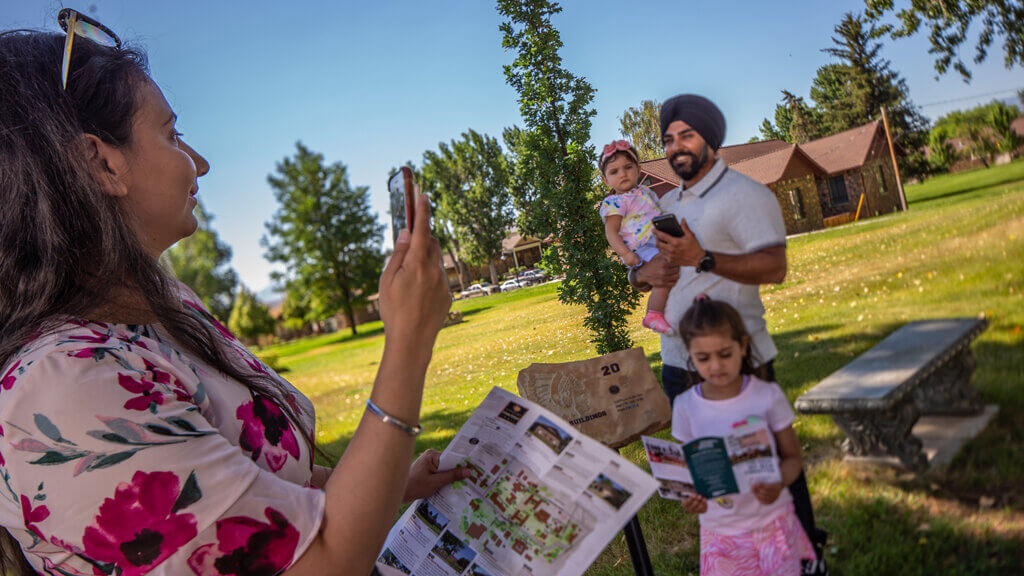
In addition to sharing Stewart’s story through compelling first-person accounts, the museum is an epicenter for cultural heritage, with programs showcasing Native art, storytelling, arts and crafts demonstrations, lectures, public programming, and educational activities. Make sure to visit the gift shop, as it features authentic, locally made Native American goods—everything from beadwork and jewelry to art prints, drums, and tule ducks. The artist’s name and tribal affiliation are included with each item, too. You can also pick up Stewart Indian School gear that includes hats, hoodies, t-shirts, coffee cups, and books. Bring cash or check to make purchases from the gift shop, which operates during the museum’s business hours.
The Stewart Indian School offers a free audio walking tour throughout the grounds. Referencing signs throughout campus, visitors can use their cell phones to dial into the tour, and hear Stewart alumni and staff share stories about their experiences as students within buildings along the route. Composed of 20 stops, the trail is 0.6 miles on paved surfaces winding throughout the 63 buildings that still stand on these historic grounds. The self-guided audio walking tour can be accessed by calling (775) 546-1460 and following the directions on your cell phone. A map to guide you through the walking tour can be downloaded here.
Stewart Indian School Pow Wow
To further immerse yourself in American Indian culture, there is an annual Stewart Indian School Pow Wow organized by the Nevada Indian Commission. Learn about some of the local tribal nations at this three-day event that brings thousands of spectators to the campus each year.
Hours:
The Stewart Indian School Cultural Center & Museum is open Monday through Friday from 10:00 AM to 5:00 PM, and closed Saturday and Sunday.
Admission:
Admission to the Stewart Indian School is free. However, this enriching cultural center depends on donations. Visitor contributions help with establishing and preservation of museum exhibits, and supports future additions to the property. Please consider making a donation.
This Location:
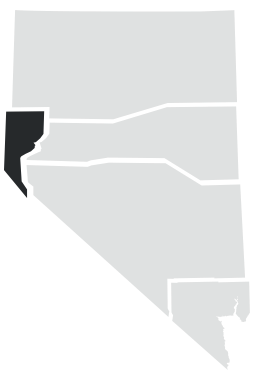
City
Carson CityRegion
Northwestern
